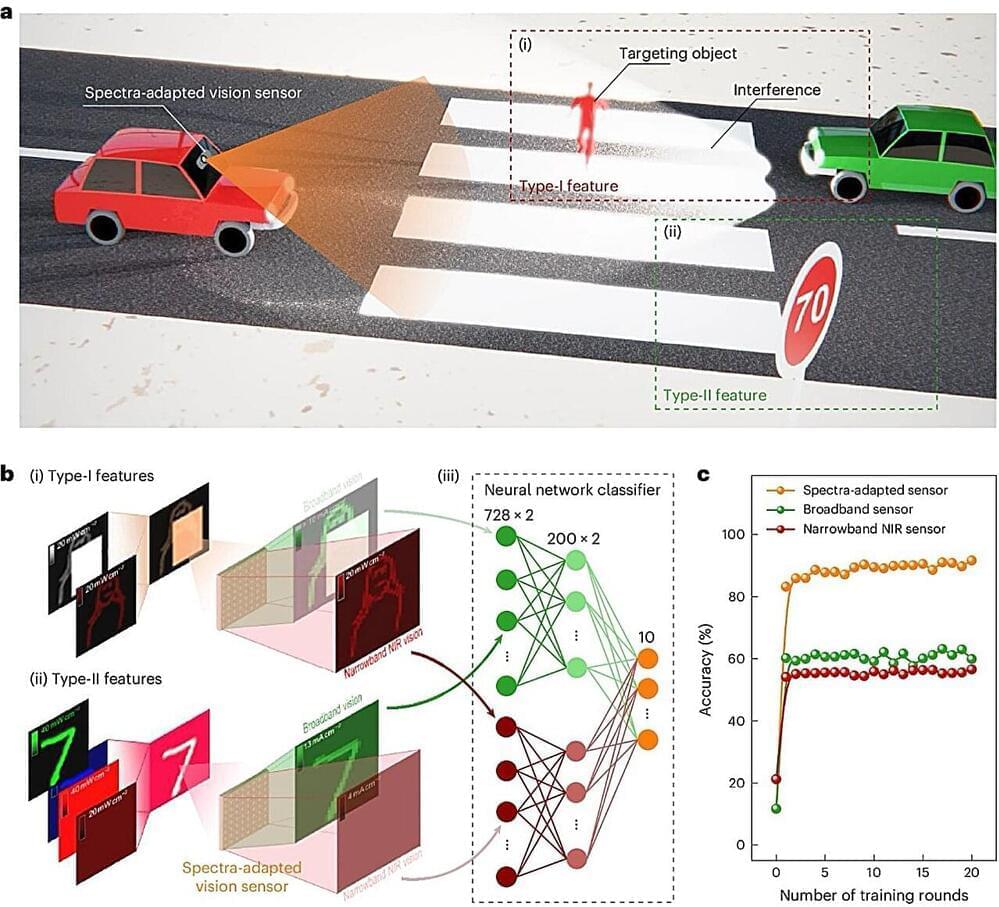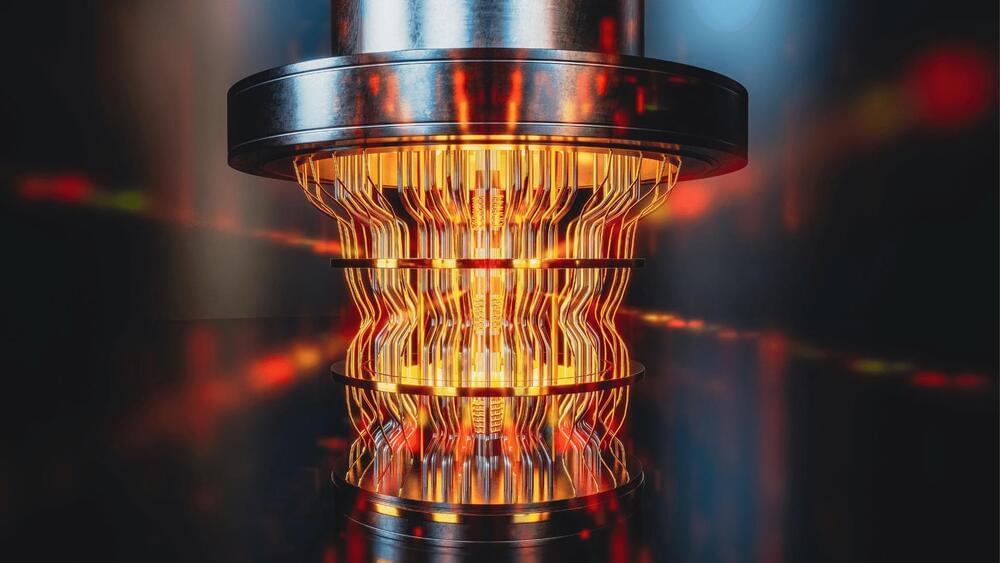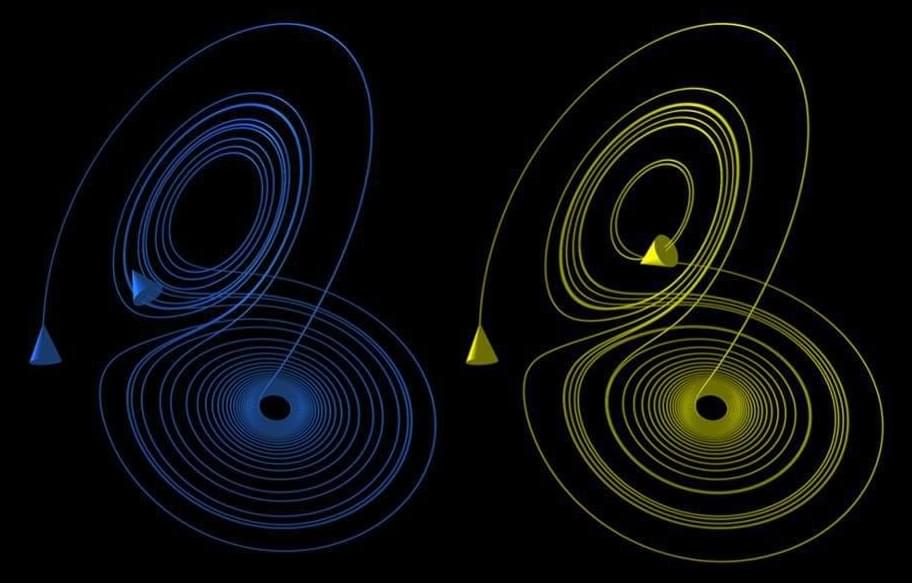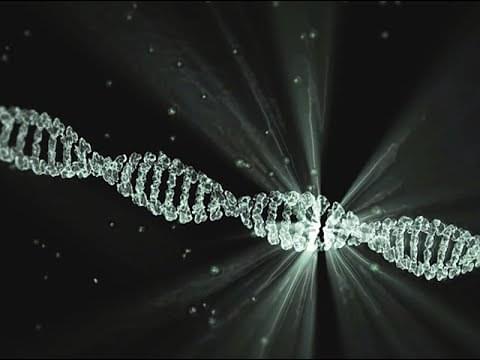
The ability to detect objects in settings with unfavorable lighting, for example at night, in shadowed locations or in foggy conditions, could greatly improve the reliability of autonomous vehicles and mobile robotic systems. Most widely employed computer vision methods, however, have been found to perform under poor lighting.
Researchers at the Hong Kong Polytechnic University recently introduced a new bio-inspired vision sensor that can adapt to the spectral features of the environments it captures, thus successfully detecting objects in a wider range of lighting conditions. This newly developed sensor, introduced in a paper published in Nature Electronics, is based on an array of photodiodes arranged back-to-back.
“In a previous paper in Nature Electronics, we presented a simple in-sensor light intensity adaptation approach to improve the recognition accuracy of machine vision systems,” Bangsen Ouyang, co-author of the paper, told Tech Xplore.


















